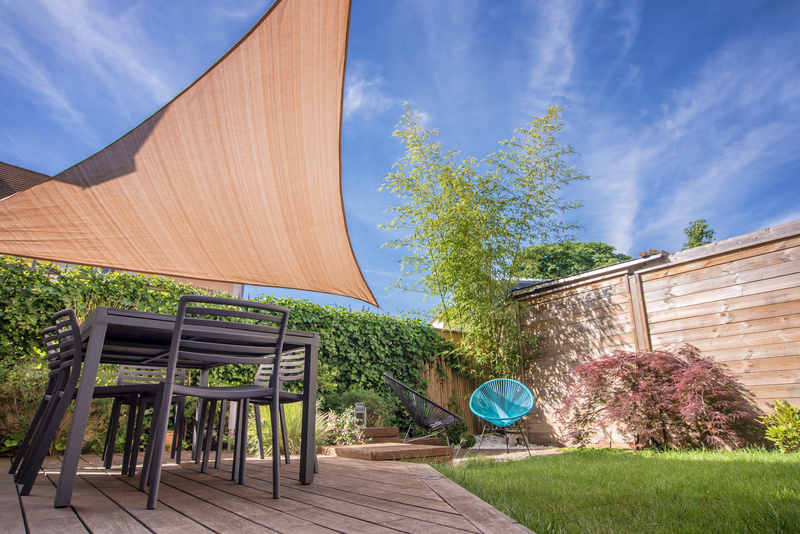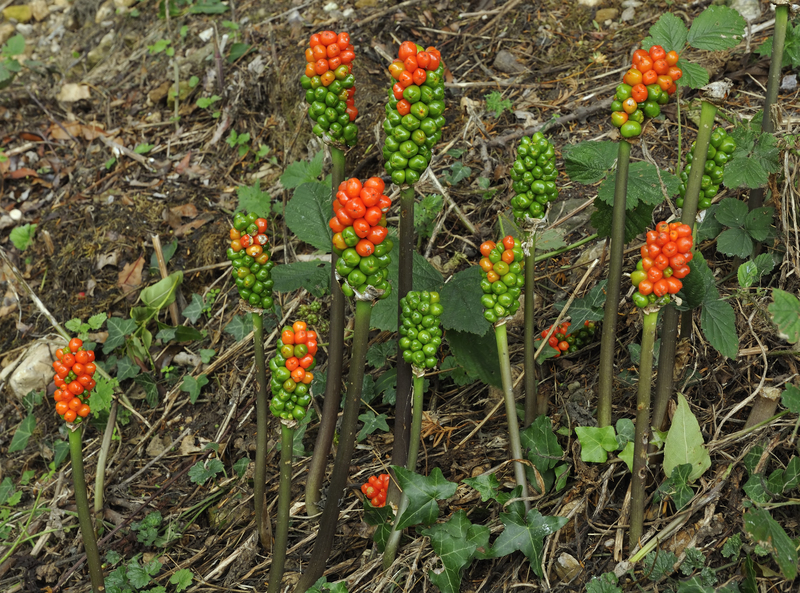Step Into the Green World: 9 Tips Every New Gardener Should Embrace
Welcome to the vibrant world of gardening! Whether you're nurturing your first potted plant or preparing to turn a patch of earth into a lush oasis, beginning your gardening journey can feel both exciting and overwhelming. Fortunately, with the right guidance and essential gardening advice, you can bloom into a confident green thumb. Let's explore nine practical gardening tips every beginner should embrace to lay the foundation for years of leafy success.
1. Know Your Garden's Environment
Before you buy your first seed packet or potting mix, take a good look at your garden's surroundings. Understanding your environment is vital for beginning gardeners.
- Soil Type: Is your soil sandy, loamy, clay-heavy, or a mix? Each soil supports different plant species.
- Sunlight: Observe the sunlight patterns--how many hours does each area get daily?
- Microclimates: Notice any wind patterns, drainage issues, and shaded spots.
Starting a garden without this knowledge is like setting sail without a map. Test your soil with an inexpensive kit or by sending a sample to your local extension office for detailed results.

2. Choose the Right Plants
Not all plants are created equal when it comes to thriving in specific conditions. For a rewarding beginner gardening experience, select varieties suited to your environment.
- Pick native or well-adapted plants: These require less water, fertilizer, and maintenance.
- Start simple: Lettuce, herbs, marigolds, zinnias, and succulents are great for beginners.
- Consider your gardening goals: Do you want pretty flowers, culinary herbs, or fresh vegetables?
Many new gardeners jump in with exotic or demanding species, setting themselves up for frustration. Local garden centers or cooperative extensions can recommend plants for your area.
3. Plan Your Garden Layout
A well-organized space helps your plants flourish and reduces your workload. Garden planning is a crucial skill for those just beginning in the green world.
- Draw a simple plan of your intended garden beds and containers.
- Group plants by their needs (sun, water, soil type).
- Leave pathways for easy access and maintenance.
- Consider plant heights to avoid shading smaller species unintentionally.
A cohesive layout saves time and supports healthier plants. Embrace proper spacing! Crowded gardens lead to stunted growth and disease.
4. Invest in Basic Quality Tools
Tool quality can make or break your gardening experience. New gardeners should invest in a handful of sturdy, essential tools instead of unnecessary gadgets.
- Trowel: Vital for digging and transplanting.
- Pruners: For trimming stems and branches cleanly.
- Watering can or hose: Ensure your plants receive consistent moisture.
- Gloves: Protect your hands from thorns, blisters, and dirt.
*Keep tools clean and dry.* Proper care extends their lifespan and prevents plant diseases.
5. Learn How to Water Correctly
Overwatering and underwatering are the two most common mistakes for novice gardeners. Efficient watering is an art that new green thumbs must master.
- Early morning watering minimizes evaporation and fungal diseases.
- Deep watering encourages robust root growth. Shallow, frequent watering leads to weak plants.
- Check the soil before watering. If the top inch is dry, it's time!
Consider a soaker hose or drip irrigation for garden beds. These systems save water and deliver moisture right to the roots.
6. Feed and Mulch Your Plants
For gardening beginners, fertilizing can be confusing, but plants need more than just sunlight and water. A little feeding goes a long way!
- Mulch: Organic mulch (like bark, leaves, or straw) helps retain moisture, prevent weeds, and gradually improves the soil.
- Fertilizer: Use a balanced, slow-release fertilizer tailored to your plant type. Follow label instructions carefully.
- Compost:
- Homemade compost recycles kitchen scraps and yard waste, enriching soil naturally.
*Feed plants during their active growing seasons* (spring and summer for most). Avoid "fertilizer burn" from over-application!
7. Keep an Eye Out for Pests and Problems
Every gardener eventually faces pests, diseases, and unexpected setbacks. The best defense is regular vigilance. Beginner gardeners should make it a habit to inspect their garden often.
- Check leaves (above and below) for holes, spots, or sticky residue.
- Watch for sudden wilting or discoloration.
- Encourage beneficial insects like ladybugs and lacewings to help control harmful pests naturally.
When you spot a problem, identify it accurately before using any remedy. Many common issues can be managed with organic solutions, such as neem oil or insecticidal soap.
8. Practice Patience, Observe, and Learn
Perfect gardens aren't grown overnight! Gardening is a process that rewards patience, careful observation, and lifelong learning.
- Keep a gardening journal to jot down successes, failures, and weather notes.
- Embrace mistakes as opportunities for growth. Every season brings new lessons.
- Read gardening books, join online forums, and connect with local gardeners for advice and support.
The green world is full of surprises. Celebrate small wins and let curiosity guide you.
9. Create a Routine and Enjoy the Process
Consistency is the secret ingredient in every thriving garden. Develop simple routines that fit your lifestyle.
- Daily check-ins allow you to spot problems early.
- Weekly maintenance: Weed, prune, clean tools, and water as needed.
- Don't forget to pause and savor the sights, scents, and sounds of your garden.
Caring for plants is as much about nurturing yourself as it is about growing tomatoes or tulips. Find joy in the process, not just the harvest.
Bonus Gardening Tips to Help You Flourish
- Start Small: Don't overwhelm yourself. A few containers or a small bed will teach you plenty in your first season.
- Label everything: It's easy to forget where you sowed those radish seeds!
- Share your bounty and experience: Exchange plants, seeds, and wisdom with friends and family.
- Experiment: Try new varieties and ideas each year. The garden is your canvas.
The joy of gardening is in the journey, not the perfection. Each day is a chance to build a deeper connection to nature.

FAQs: New Gardener Success
What are the best vegetables for first-time gardeners?
- Lettuce and spinach: Fast-growing and forgiving.
- Radishes: Quick to mature, ideal for instant gratification.
- Tomatoes and peppers: Easy with sufficient sunlight.
- Herbs like basil, chives, and parsley add flavor and are simple to grow.
How often should I water my garden?
Most gardens need about 1 inch of water per week, but frequency varies with climate and soil. Learn to feel the soil--if it's dry an inch down, water thoroughly.
How can I tell if my plants need fertilizer?
Look for signs such as:
- Pale or yellowing leaves
- Stunted growth
- Poor yields or fewer blooms
What should I do if I see bugs on my plants?
Don't panic! Identify the bug first. Some insects, like ladybugs and spiders, are beneficial. If you notice damage from harmful pests (like aphids or caterpillars), try washing them off with water or use organic pest control methods. Avoid broad-spectrum chemicals, which can harm helpful creatures.
Conclusion: Embrace the Green World
Stepping into the world of gardening offers endless rewards for your health, home, and spirit. By embracing these nine essential tips, you lay the groundwork for long-term horticultural success. Remember, every great garden starts with small, thoughtful steps and grows alongside your experience.
So, grab your gloves, step outside, and let the green world welcome you. Happy gardening!


